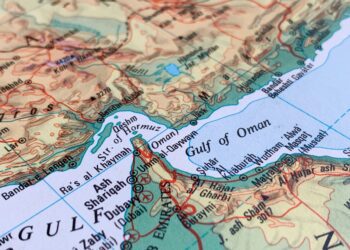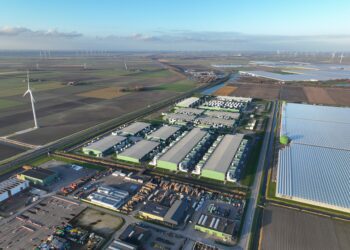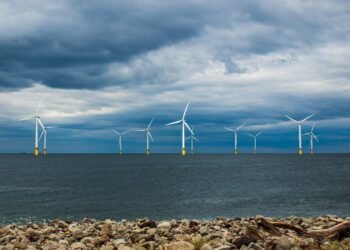When developed countries met their goal in 2022 to provide $100 billion in aid for poorer countries to address climate change, it was two years late, said the Organisation for Economic Co-operation and Development on Wednesday.
First pledged in 2009, developed countries agreed to target 2020 as the deadline to transfer $100 billion a year to poorer nations that couldn’t cope with the effects of climate change. In 2022, the group of wealthy countries achieved that objective for the first time, providing $115.9 billion, including private finance driven by public funds, according to an OECD report. However, this is significantly less money that the developing countries need to invest in clean energy and safeguard their residents from climate change-fueled extreme weather.
Public climate finance provided $91 billion in 2022, with nearly 70% of it coming from loans. Critics say this worsens debt burdens for climate-vulnerable countries. “If you’re giving us export credits, if you’re giving us non-concessional loans, that cannot be considered as climate finance,” said Michai Robertson, a U.N. climate negotiator for the Alliance of Small Island States.
This year’s U.N. COP29 climate in Baku, Azerbaijan, will focus on finance, with countries determining a new global climate finance target to replace the $100 billion after 2025.












